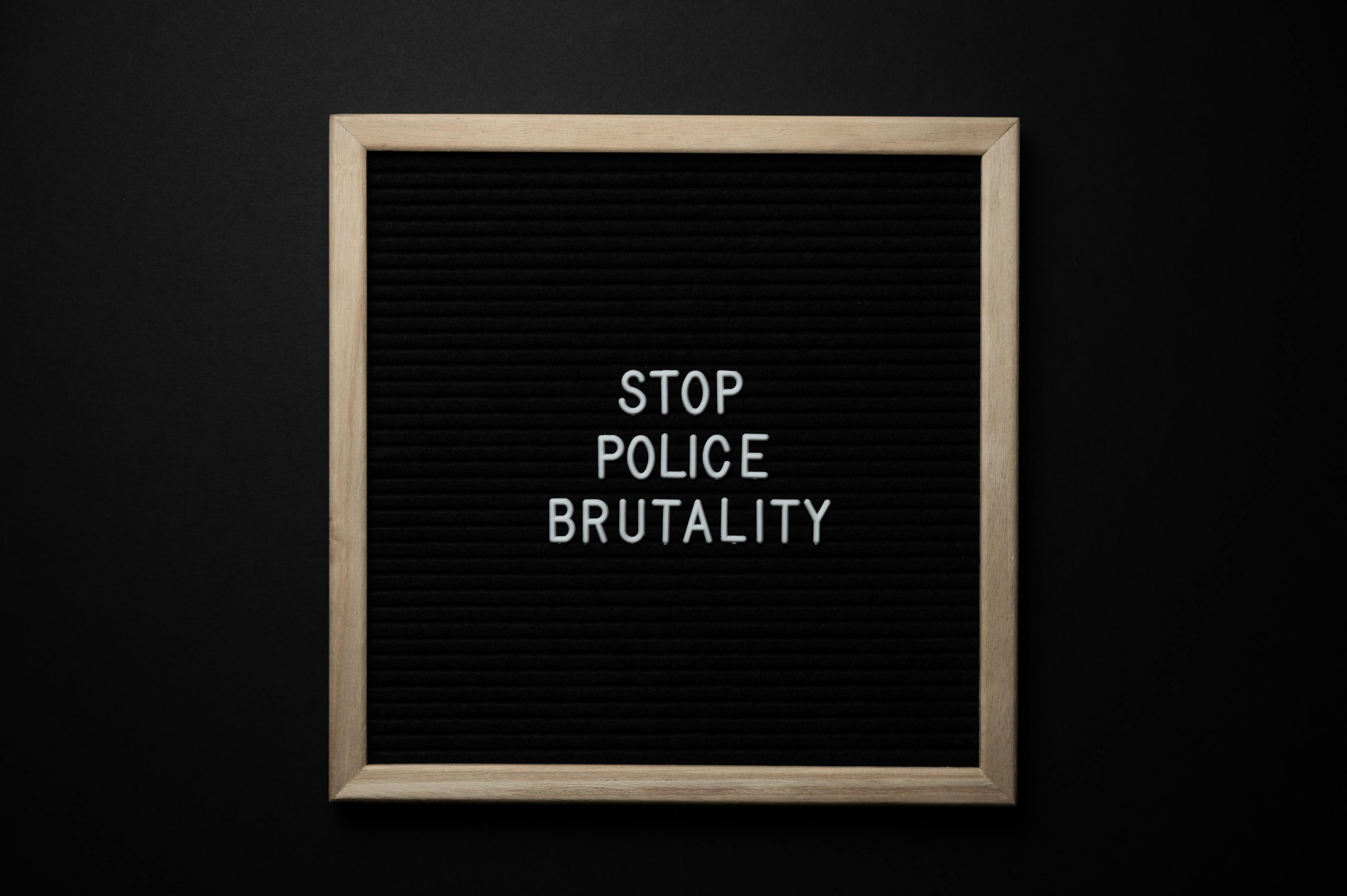Understanding Equitable Enforcement in Homeowners’ Associations: Implications for Insurance and Liability
In many homeowners’ associations (HOAs), especially those in vibrant areas like the San Francisco Bay, ensuring consistent enforcement of community rules is crucial. Recently, a homeowner shared concerns about the enforcement practices within their California HOA, raising questions about how unequal rule enforcement might influence legal exposure and insurance coverage.
The case in point involves a resident who received a notice regarding window coverings but observed that numerous other units in the community have similar or more significant violations—yet no consistent follow-up or corrective action has occurred over the years. The homeowner also noted that the HOA management, operating through a third-party entity, appears to enforce rules sporadically, often without detailed documentation or oversight. Despite requesting enforcement records, no comprehensive documentation has been provided, raising transparency concerns.
This situation prompts important considerations:
-
Liability Risks from Inconsistent Enforcement
When an HOA fails to uniformly enforce its rules, it risks exposing itself to increased liability. Such disparities can be perceived as favoritism or neglect, potentially leading to legal challenges or claims of discrimination. -
Impact on Insurance Coverage and Claims
Insurance providers, including Directors & Officers (D&O) and general liability insurers, often require that associations maintain consistent enforcement practices. Documented, fair enforcement is a key factor in mitigating risks. Uneven enforcement might be viewed as a breach of fiduciary duty or result in denied claims if it’s deemed to increase the community’s exposure to damages or liabilities. -
Legal and Regulatory Considerations
There is precedence suggesting that HOA policies which lack formal documentation or exhibit pattern-based enforcement can be challenged or even jeopardize insurance coverage. Associations are generally expected to maintain clear records and apply rules fairly to uphold their legal standing and insurance protections.
Homeowners and HOA boards alike should be attentive to these issues. Transparent documentation of enforcement actions, consistent application of rules, and communication with insurance providers are vital steps in mitigating potential legal and financial risks.
If you’re part of an HOA or considering purchasing in one, it may be wise to consult with your insurance agent or regional regulatory authority (such as the Department of Insurance) to understand how enforcement practices might influence your coverage and liability exposure. Ensuring fair and consistent enforcement not only maintains community harmony but also safeguards the association’s financial health.
For more insights on HOA management, legal responsibilities, and insurance considerations, stay tuned to our blog.



